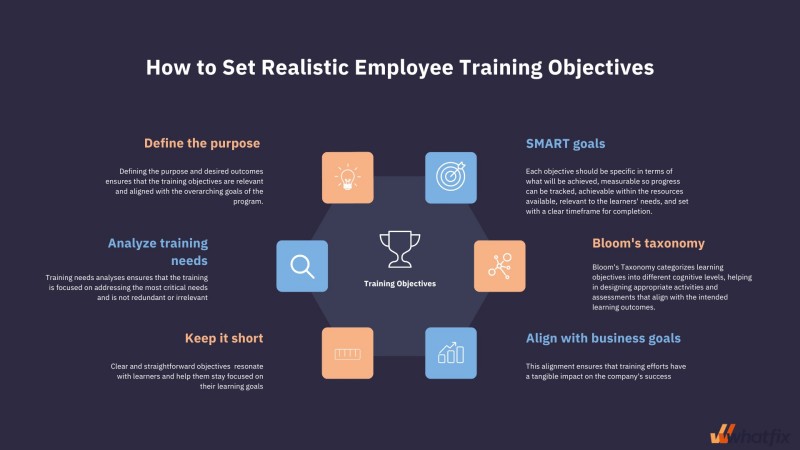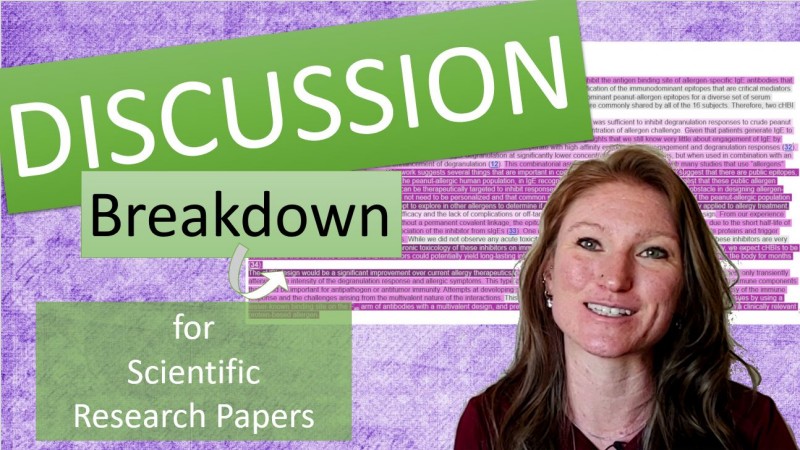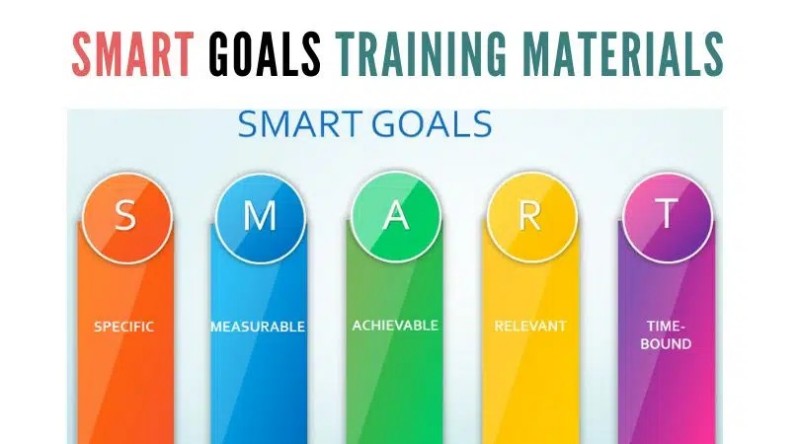When we talk about self-care, what often springs to mind are practices like yoga, meditation, or a relaxing spa day. However, in the pursuit of overall wellness and health, we shouldn’t overlook an important aspect: financial self-care. It is a crucial part of maintaining a balanced and stress-free life.
Financial self-care involves making conscious decisions about how we earn, spend, save, and invest our money. It’s about understanding our financial situation and making smart choices that contribute to our overall well-being. It’s not just about budgeting or saving for retirement; it’s about creating a healthy relationship with money that supports our physical, mental, and emotional health.
Managing finances can be a source of stress for many people. According to a 2023 study published in the Journal of Economic Psychology, financial stress is closely linked to mental health issues such as anxiety and depression. That’s why adopting financial self-care practices is not just beneficial, but necessary, for our overall wellness.
So, how do we practice financial self-care? Here are some actionable steps:
Firstly, get to know your financial situation. Understanding your income, expenses, debts, and savings is the first step towards financial self-care. This might involve creating a budget, tracking your spending, or meeting with a financial advisor.
Next, set financial goals. Whether it’s paying off a credit card, saving for a dream vacation, or investing for retirement, having clear goals can guide your financial decisions and provide a sense of control over your money.
It’s also important to develop healthy spending habits. This could mean cutting out unnecessary expenses, shopping mindfully, or investing in quality items that will last longer. Remember, every dollar spent is an opportunity to support your overall wellness, whether it’s by buying nutritious food, investing in a gym membership, or saving for the future.
Another crucial aspect of financial self-care is planning for emergencies. Life is unpredictable, and having an emergency fund can provide a safety net in times of financial uncertainty. A 2024 study from the Journal of Financial Planning suggested that having an emergency fund significantly reduces stress and anxiety related to financial instability.
Lastly, educate yourself about finances. The more you know, the better decisions you can make. This might involve reading financial books, attending workshops, or consulting with a financial advisor. Remember, financial self-care is a lifelong journey, not a one-time event.
Financial self-care is an essential part of our overall wellness. By taking care of our financial health, we can reduce stress, increase happiness, and live a more balanced and fulfilling life. So, the next time you’re planning a self-care routine, don’t forget to include your finances.












 : eval()'d code(1) : eval()'d code(1) : eval()'d code(1) : eval()'d code</b> on line <b>2</b><br />
https://mindbodyfuell.com/wp-content/themes/baobao/default.jpg)
